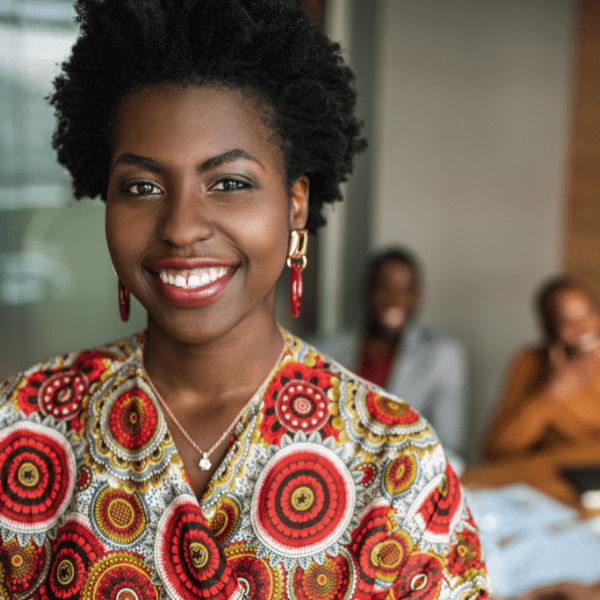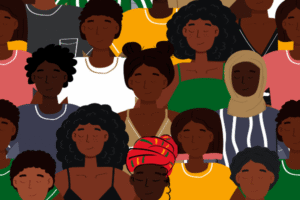
What’s Holding Women Back in the Digital Economy?
The digital economy is reshaping global trade and business, presenting new opportunities for inclusive growth and sustainable development. However, these opportunities are not equally available, particularly for women entrepreneurs who face significant barriers to full participation.
The new study, entitled “Breaking down barriers for women digital entrepreneurs: Insights from Africa,” offers fresh insights into addressing structural challenges and gender-based biases that female e-business founders commonly face across developing regions. It draws on the experiences of close to 100 members of the “eTrade for Women” global community, with a dedicated chapter on sub-Saharan Africa. In addition, the study compiles survey responses from 94 entrepreneurs across various regions and qualitative insights from 33 entrepreneurs in 13 African countries, shedding light on this under-researched segment of the digital economy.
The publication is produced by UN Trade and Development (UNCTAD) in partnership with the ESCP Business School and the Gordon Institute of Business Science.
It comes ahead of the 16th United Nations Conference on Trade and Development (UNCTAD16) set for October 20-23 in Geneva, where world leaders will explore ways to foster, among other priorities, more inclusive and sustainable digital economies.
What’s the single biggest barrier for women entrepreneurs in the digital economy? According to the study, nearly 70% of the women face challenges when seeking finance often due to a lack of collateral. Half of the women surveyed also describe cross-border trade as difficult, while many cite the invisible weight of unpaid care work and the need to balance family and business.
Removing barriers is critical to building inclusive digital economies. The report calls for targeted measures to empower women digital entrepreneurs, most crucially better access to finance, export-readiness support, inclusive procurement policies and simplified compliance procedures. An ecosystem (which include wegg®) needs to be established to invest in women.




